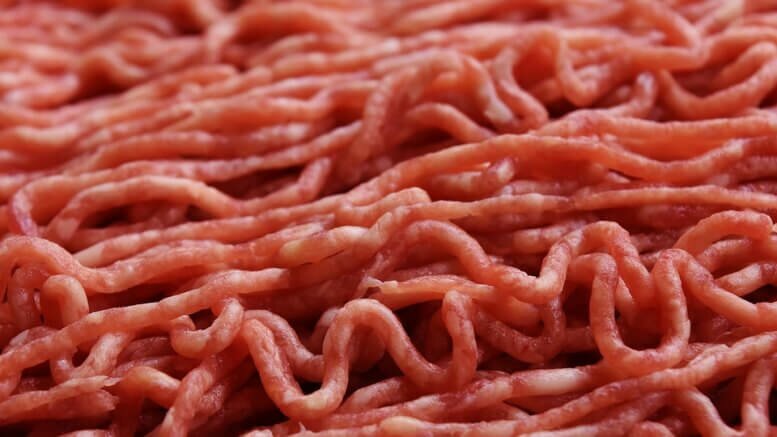Reduced meat consumption in Norway could contribute to a reduction in greenhouse gas emissions in agriculture, concluded a report prepared for the Environment Directorate (Miljødirektoratet).
The Norwegian Institute for bio-economy (Nibio) made the report , which was commissioned by the Environment Directorate.
Nationen newspaper wrote that if the consumption of beef is cut by almost 40% by 2050, and consumption of lamb and pork were down 13%, the climate emissions
would be reduced by 520,000 tons of CO2 equivalents annually, according to the report.
The calculations are based on the consumption of poultry being increased by 35%, and vegetables, fruits and fish becoming a larger part of the diet than today.
‘Less production and consumption of beef is the measure that would make for the biggest reduction in greenhouse gas emissions. For society, it would be very profitable’, wrote the Environment Agency in its discussion of the report.
Project manager, Ivar Pettersen of Nibio, stressed that the emission cuts they have counted only apply to Norway.
‘It Is likely to increase food imports, and subsequently greater emissions in other countries. We have not factored in what the consequent increase in emissions
in other countries might be’, said Pettersen. He still believes that the overall impact will be positive.
Source: NTB scanpix / Norway Today





